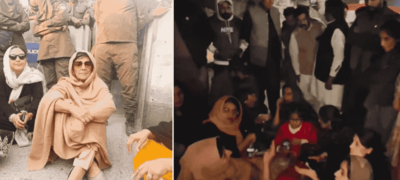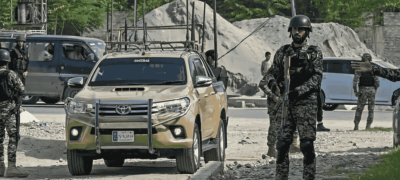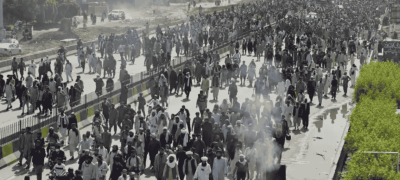Supreme Court Justice Jamal Mandokhail has issued a detailed judgment allowing partial appeals against the earlier majority verdict in the Sunni Ittehad Council (SIC) reserved seats case. His 12-page ruling supports the Pakistan Tehreek-e-Insaf (PTI) coalition’s claim to 41 seats, while maintaining his original stance on the remaining 39 reserved seats.
In the judgment, Jamal Mandokhail stated that the majority decision regarding the 41 seats was incorrect and has now been converted into a review. He clarified that the Supreme Court did not have the authority to declare the 41 candidates as independent, as they were never presented before the court in this manner. According to him, the earlier ruling was inconsistent with the Constitution and the facts of the case.
Justice Mandokhail emphasized that the court cannot alter the political affiliation of any candidate. He added that the issue concerning the 41 candidates was not pending before the court, and therefore, the majority decision amounted to an overreach. The earlier majority judgment authored by Justice Mansoor Ali Shah had classified these 41 candidates as independent.
His latest ruling marks a significant development in the ongoing legal dispute over reserved seats. The matter has remained politically sensitive, involving the distribution of parliamentary representation following PTI-backed candidates joining the SIC after the 2024 elections.
Earlier this year, the Supreme Court’s Constitutional Bench, led by Justice Aminuddin Khan, had dismissed the SIC’s plea seeking reserved seats in national and provincial assemblies based on its general seats. The court had restored the Peshawar High Court’s decision, which stated that the reserved seats should be distributed among other political parties.
This restoration included eight women lawmakers in the National Assembly from Khyber Pakhtunkhwa, 11 women members on Punjab’s reserved seats, and three non-Muslim seats. The latest ruling by Jamal Mandokhail adds another layer of legal interpretation to the ongoing debate over the allocation of reserved seats.
In other news read more about: Supreme Court May Issue Guidelines to Judges







